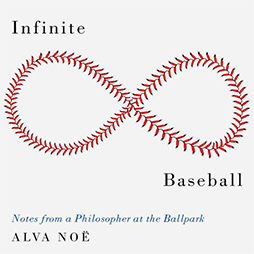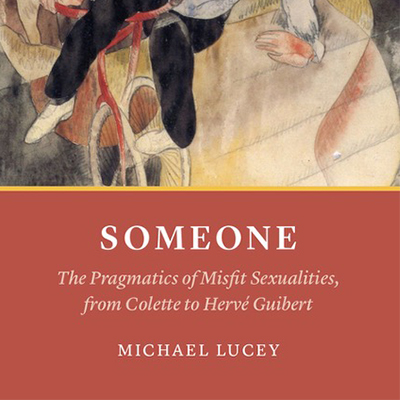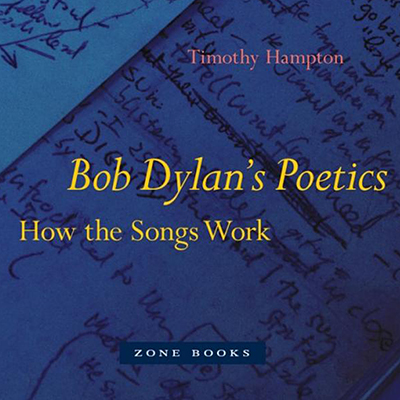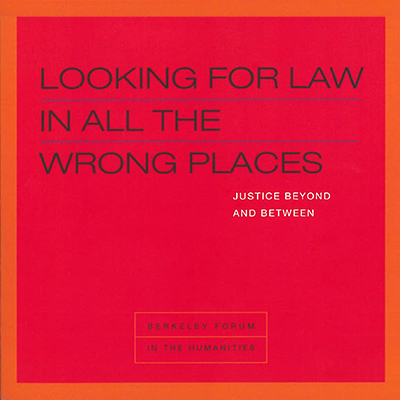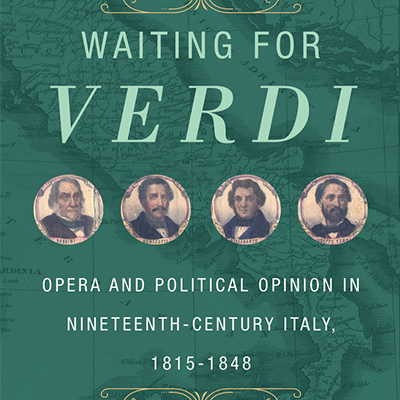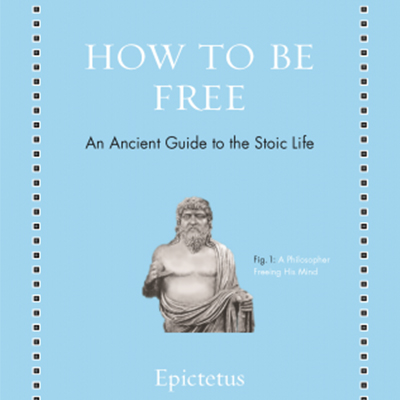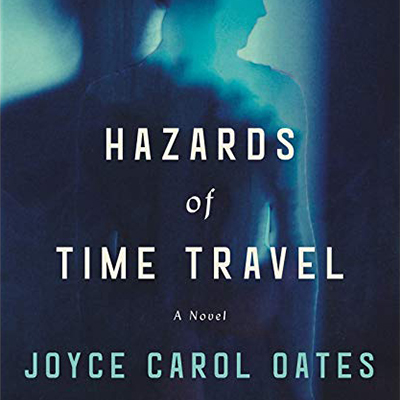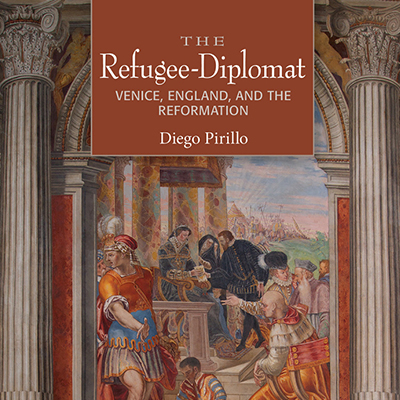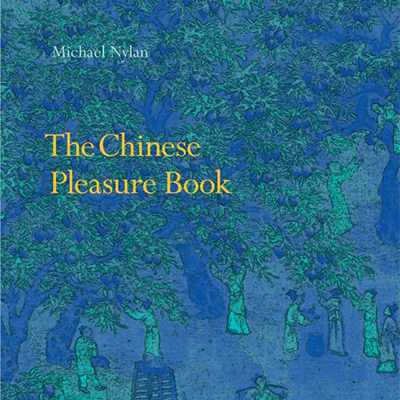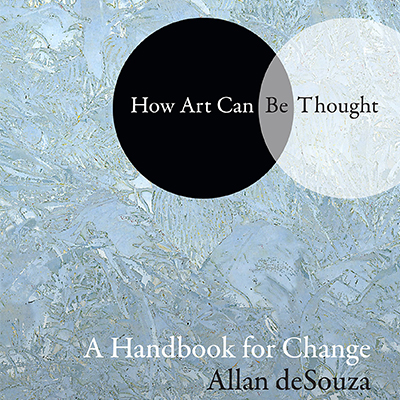Past Events
Alva Noë explores the many unexpected ways in which baseball is truly a philosophical kind of game — a window on language, culture, and the nature of human action, intertwined with deep and fundamental human truths.
Someone: The Pragmatics of Misfit Sexualities, from Colette to Hervé Guibert
Imagine trying to tell someone something about yourself and your desires for which there are no words. Michael Lucey examines characters from 20th-century French literary texts whose sexual forms prove difficult to conceptualize or represent.
Timothy Hampton’s close examination of Bob Dylan's songs locates the artist’s transgressive style within a long history of modern (and modernist) art.
Looking for Law in All the Wrong Places: Justice Beyond and Between
For many, the right place to look for law is in constitutions, statutes, and judicial opinions. This book looks for law in the “wrong places” — in the realms of language, text, image, culture, and other sites in which no formal law appears.
Waiting for Verdi: Opera and Political Opinion in Nineteenth-Century Italy, 1815-1848
Mary Ann Smart explores how nineteenth-century Italian opera sparked political change by turning the newly engaged spectator in the opera house into an actor on the political stage.
How to Be Free: An Ancient Guide to the Stoic Life
Born a slave, the ancient Roman Stoic philosopher Epictetus taught that mental freedom is supreme, since it can liberate one anywhere, even in a prison. Anthony Long presents a new edition of Epictetus’s famed handbook on Stoicism.
Joyce Carol Oates’s latest novel is the dystopian story of a young woman living in a bleak future dictatorship, who is punished for her transgressions by being sent back in time.
Diego Pirillo offers a new history of early modern diplomacy, centered on Italian religious refugees who left Italy in order to forge ties with English and northern European Protestants in the hope of inspiring an Italian Reformation.
Michael Nylan explores the concept of “pleasure”—including both short-term delight and longer-term satisfaction—as understood by major thinkers of ancient China.
What terms do we use to describe and evaluate art? How do we judge if art is good, and if it is for the social good? DeSouza investigates the terminology through which art is discussed, valued, and taught.
